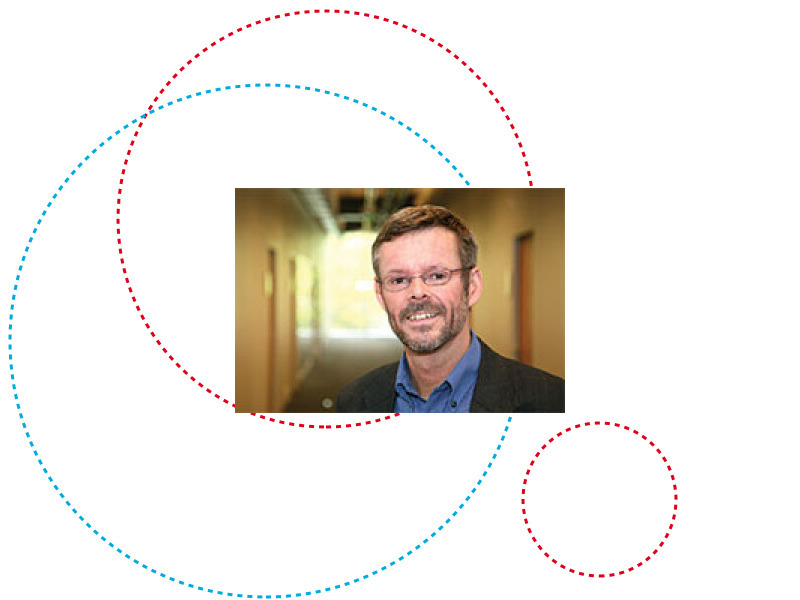We consider a canonical model of asset pricing, where agents with quadratic preferences are allowed to re-trade a limited set of securities for a number of periods, after
which these securities expire, and agents consume their liquidation values. A key assumption in this model is that agents have perfect foresight: they correctly predict
prices in all future contingencies. We show that, under myopia, prices generically are as if agents had perfect foresight. Yet their choices are wrong, » because agents ignore
that they can re-trade. In an experiment, prices and choices are found to be as predicted by myopia.
